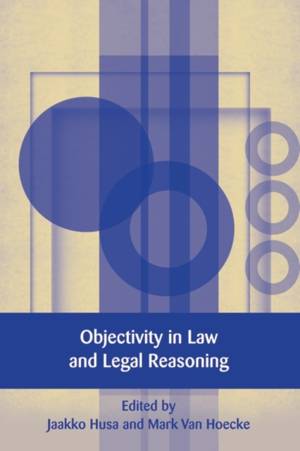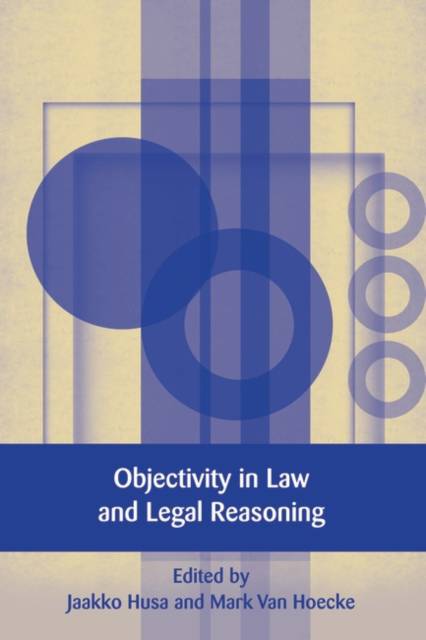
Bedankt voor het vertrouwen het afgelopen jaar! Om jou te bedanken bieden we GRATIS verzending (in België) aan op alles gedurende de hele maand januari.
- Afhalen na 1 uur in een winkel met voorraad
- In januari gratis thuislevering in België
- Ruim aanbod met 7 miljoen producten
Bedankt voor het vertrouwen het afgelopen jaar! Om jou te bedanken bieden we GRATIS verzending (in België) aan op alles gedurende de hele maand januari.
- Afhalen na 1 uur in een winkel met voorraad
- In januari gratis thuislevering in België
- Ruim aanbod met 7 miljoen producten
Zoeken
Objectivity in Law and Legal Reasoning
€ 137,95
+ 275 punten
Omschrijving
Legal theorists consider their discipline as an objective endeavour in line with other fields of science. Objectivity in science is generally regarded as a fundamental condition, informing how science should be practised and how truths may be found. Objective scientists venture to uncover empirical truths about the world and ought to eliminate personal biases, prior commitments and emotional involvement. However, legal theorists are inevitably bound up with a given legal culture. Consequently, their scholarly work derives at least in part from this environment and their subtle interaction with it. This book questions critically, in novel ways and from various perspectives, the possibilities of objectivity of legal theory in the twenty-first century. It transpires that legal theory is unavoidably confronted with varying conceptions of law, underlying ideologies, approaches to legal method, argumentation and discourse etc, which limit the possibilities of 'objectivity' in law and in legal reasoning. The authors of this book reveal some of these underlying notions and discuss their consequences for legal theory.
Specificaties
Betrokkenen
- Uitgeverij:
Inhoud
- Aantal bladzijden:
- 278
- Taal:
- Engels
- Reeks:
- Reeksnummer:
- nr. 10
Eigenschappen
- Productcode (EAN):
- 9781849464413
- Verschijningsdatum:
- 28/01/2013
- Uitvoering:
- Hardcover
- Formaat:
- Genaaid
- Afmetingen:
- 156 mm x 234 mm
- Gewicht:
- 566 g

Alleen bij Standaard Boekhandel
+ 275 punten op je klantenkaart van Standaard Boekhandel
Beoordelingen
We publiceren alleen reviews die voldoen aan de voorwaarden voor reviews. Bekijk onze voorwaarden voor reviews.








